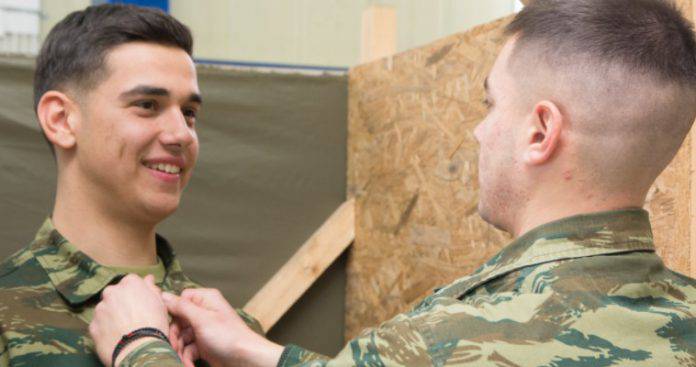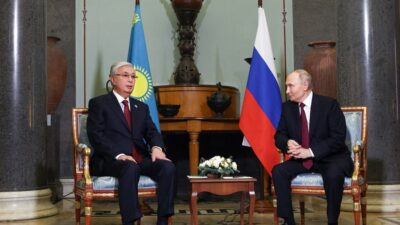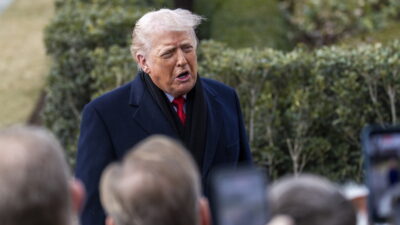Labros Tzoumis: The Armed Forces Greece needs
30/09/2020
At the recent Thessaloniki International Fair, Prime Minister Mitsotakis referred to issues of strengthening the Armed Forces and in this context examined the increase of military service, compulsory conscription at eighteen and the recruitment of 15,000 professional soldiers. Regarding the issues in question, we should point out the following:
There is a need to immediately address the problem of understaffing-manning, mainly the front line formations of the Army with implications for operational readiness. The problem is due to:
- the non-recruitment of permanent staff for a number of years, due to the prohibitive terms of “recruitment in the State sector” memorandum,
- the low numbers of recruits due to the demographic problem,
- the short term of service,
- deferrals-exemptions of enlistment and
- to satisfy a large number of social demands that are sometimes imposed and sometimes made to serve micropolitical expediencies.
With regard to the recruitment of permanent staff, it has been announced that this is a positive step, given that this has been the case since 2009. Personnel aging exacerbates the manpower problem. At present the average age of categories of permanent personnel such as Long Term Volunteers is about 45 years, while for professional soldiers it is about 36 years. These hirings were made in order to mainly cover the operational needs for fighting soldiers.
Therefore, renewal and replacement of permanent staff is required. The idea of leading a purely professional army has the positive element that advanced and modern weapons systems will be served by personnel with specialized knowledge, leading to better performance. On the other hand, among negative effects, let us take into account that a key pillar of our war preparedness is the reserve. A purely professional army means that there will be no training for conscripts, so there will be no reserve. Also on the downside, is the cost, as maintaining a purely professional army is very expensive.
Conscription at 18 for all
As concerns conscription of eighteen year olds has positive and negative points. It will contribute positively to reducing the rate of deferrals of enlistment, and draft dodging, which is currently at high levels. At the same time, it will connect the studies of young people with the labor market, it will return to society young people that are more mature, with greater confidence and a better comprehension of responsibilities. But the main thing is that, after the completion of studies, the young person will immediately enter the labor market, having already completed military duties, without having the obligation of enlistment, which in many cases is a brake on his professional rehabilitation.
On the downside, the Armed Forces will lose personnel with specialized knowledge such as conscript doctors, civil engineers, IT specialists, etc., who provide valuable services to the Armed Forces.
No solution for the Armed Forces
Regarding the increase of the term in the Army and the implementation of the “two-tier system”, ie those who serve on the border will serve a term of nine months, while those who choose a term in urban centers in the interior, will have a term of twelve months: such a system will not yield more than 5-6,000 more rcruits per year and is not a panacea for solving the problem of understaffing and increasing the operational readiness of the Army Formations.
The voluntary enlistment of women in the context of equality and isonomy for certain specialties could also be considered, while providing incentives (points for hirings in the state sector, internships, etc.), given the important role of motherhood for women.
In order for the above to be effective, it is necessary to combine them with a broad reorganization in the Armed Forces, in order to create a flexible, smaller, more economical, but also more combative deterrent defense structure for the Greek Armed Forces. In the modern battlefield it is necessary to have fast reserves with the possibility of immediate intervention for rapid reinforcement of any threatened or attacked areas and support of mobile operations.
Multipurpose camps for the Armed Forces
The large dispersion of camps and the lack of staffing in combination with the involvement of tpersonnel with many other activities, act prohibitively in the general participation for training and strain the staff. The establishment of modern multipurpose camps would contribute positively to a number of issues, such as:
- reduction of operating costs,
- strengthening staff to organize and conduct better training,
- increase response times and operational readiness,
- avoid strain to meet increased security needs,
- creating better and safer working conditions.
However, a basic condition for the implementation of the reorganization, which provides for the “consolidation” of units, with mergers, abolitions, etc., is the undertaking of political costs, due to guild-like perceptions and reactions of local communities that consider that they are financially affected by this closure. The aim must be to create highly mobile Armed Forces, that are adequately staffed, with personnel characterized by high morale, well-trained, with state of the art command and control systems, and with excellent ability of inter-branch cooperation.





